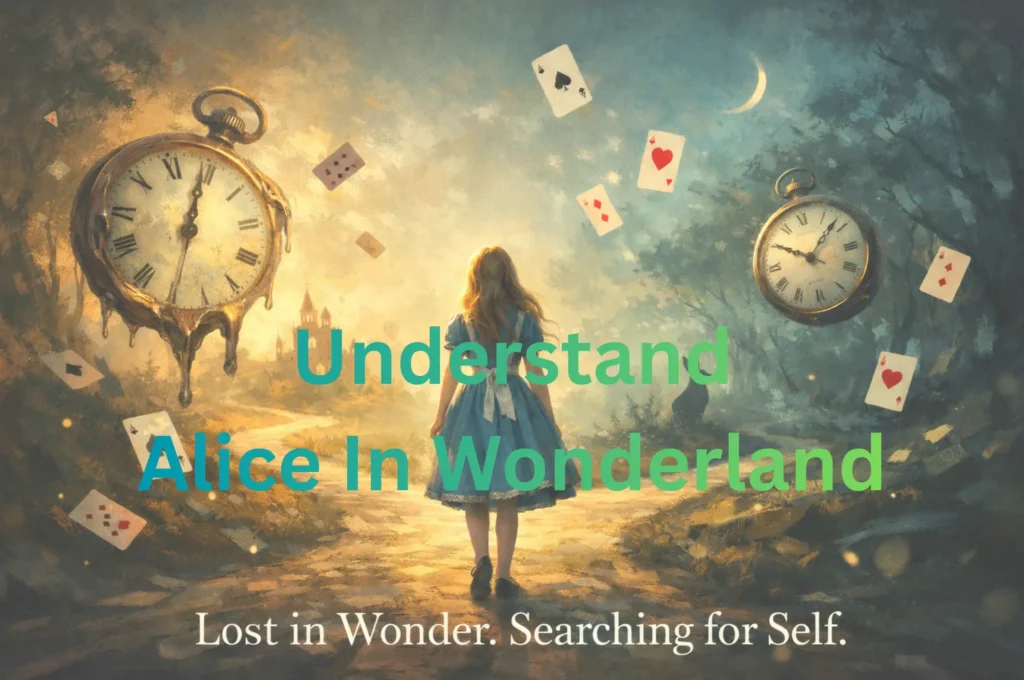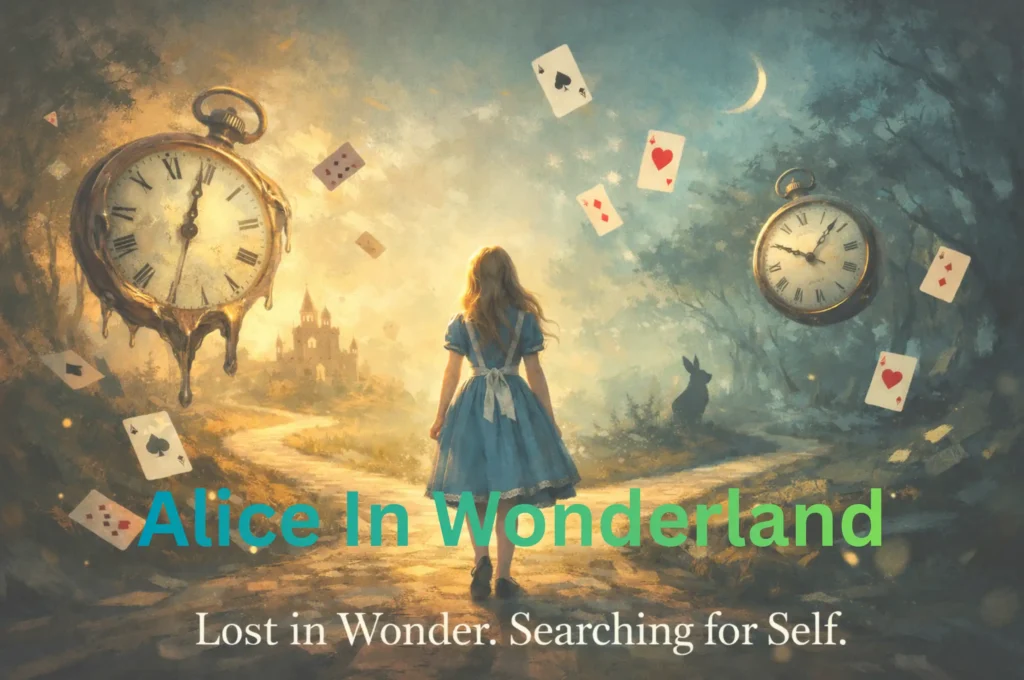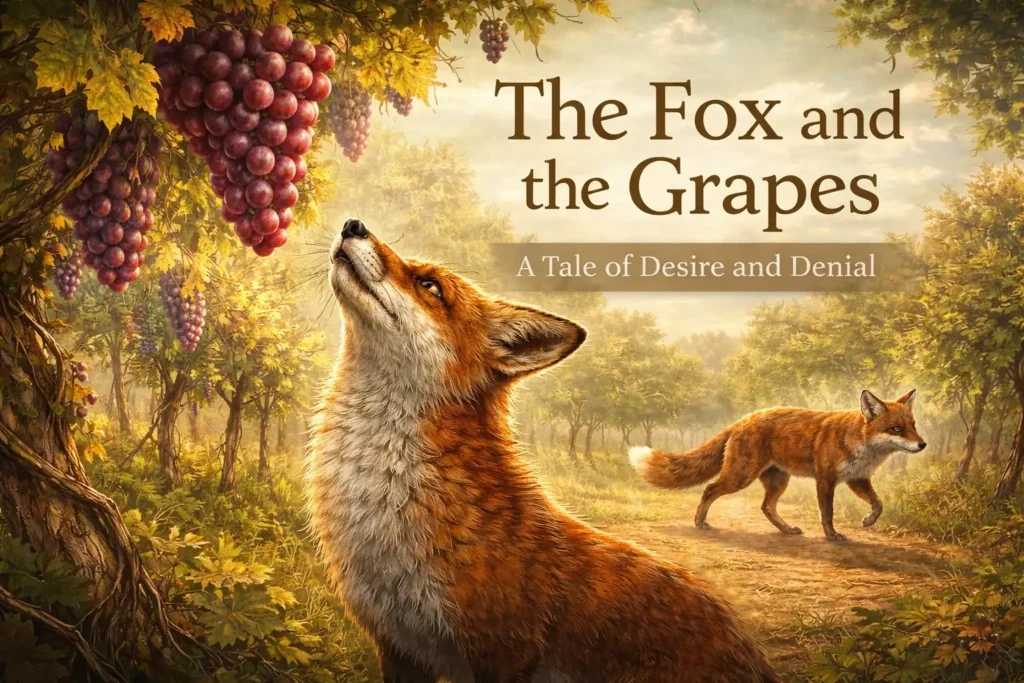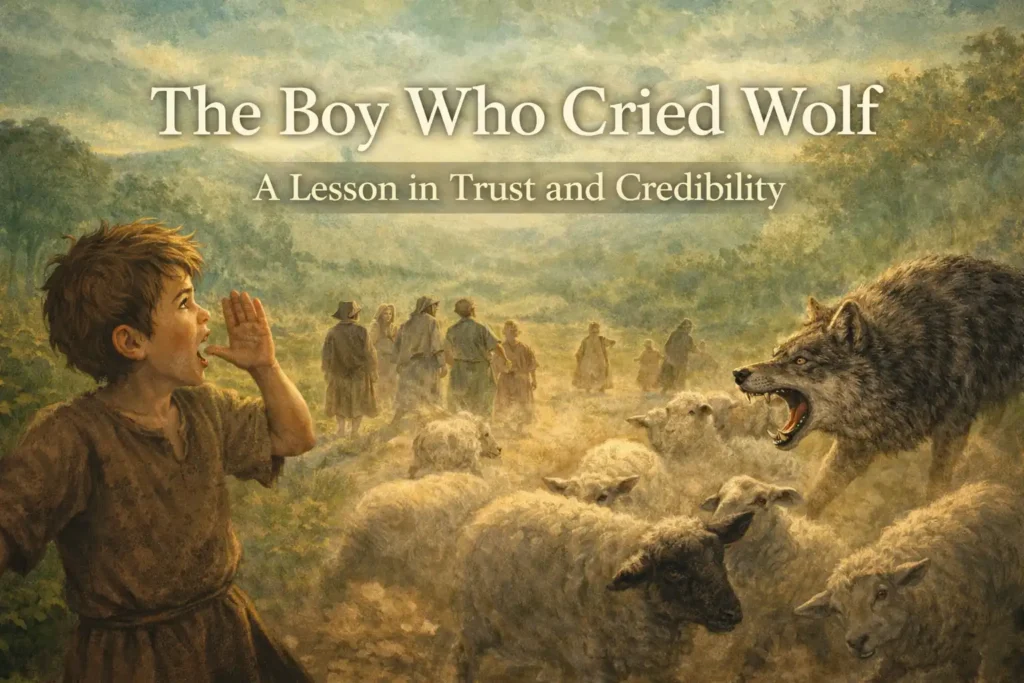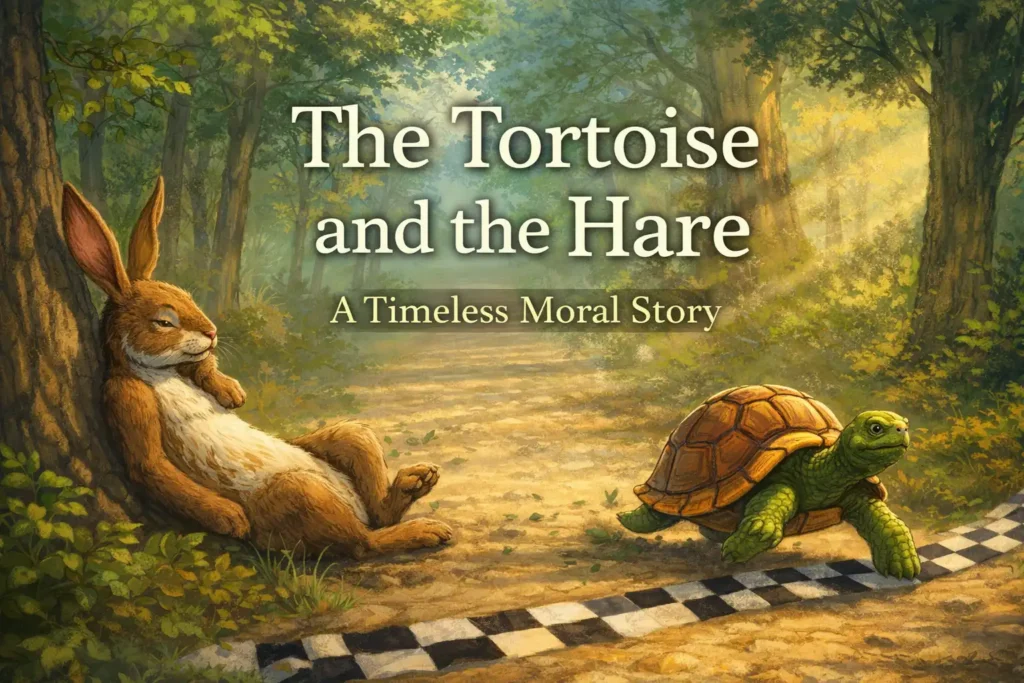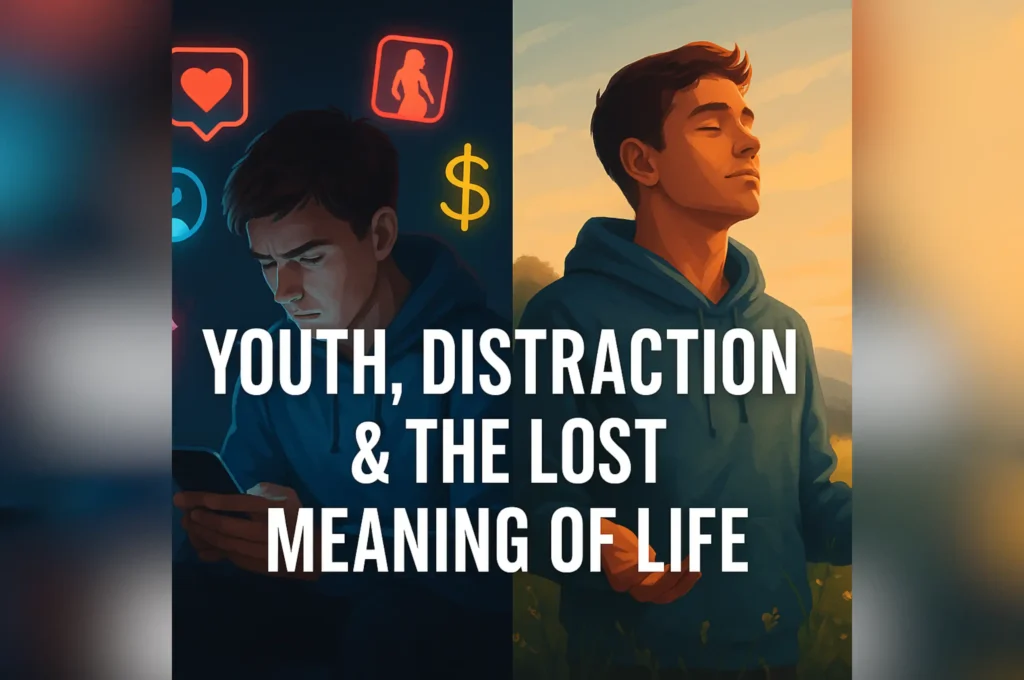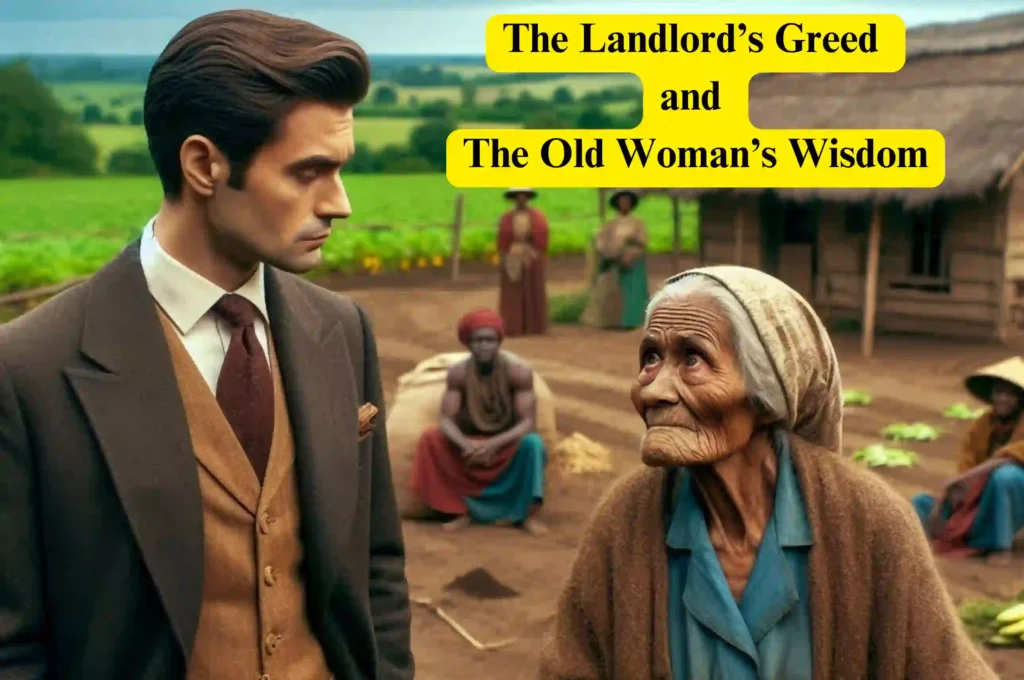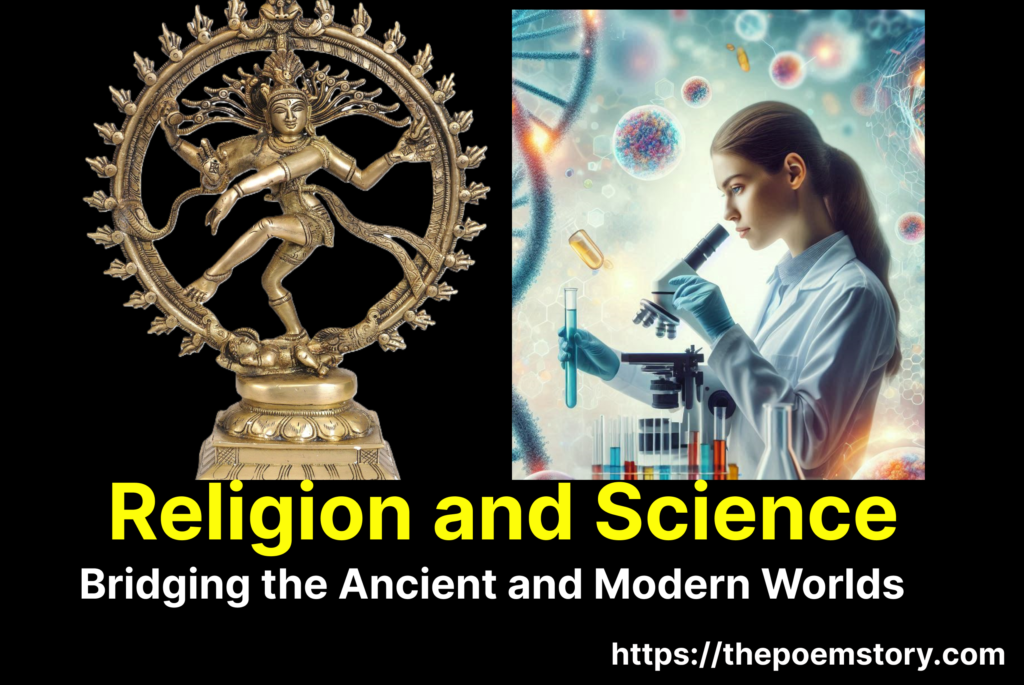3 Moral Stories | lesson for good life | moral story | story | ThePoemStory – This is a collection of 3 Moral Stories that will teach important lesson for good life. Read them and get to the moral of the story. Lesson for good life.
Short stories collection of 3 stories.
Table of Contents
1. The Golden Egg – A moral story on Greediness
Once upon a time, in a small village, there lived a poor farmer named Raj. He had a small farm and a few animals. One day, Raj found a golden egg in the henhouse. He was surprised to see such a valuable egg in his small farm. He soon realized that his hen had laid the golden egg. From that day on, every morning, the hen laid a golden egg.
Raj became very rich by selling the golden eggs. He became so greedy that he started to think that there must be a lot of gold inside the hen. He decided to kill the hen to get all the gold at once. When he killed the hen, he found nothing inside it, except for the usual egg. Raj was filled with regret and guilt, realizing that his greed had caused him to lose his source of income.
Moral of the story
The story teaches us an important moral lesson – Greediness never pays off. We should always be content with what we have and work hard to earn our livelihood instead of trying to take shortcuts to become rich quickly.
The farmer, Raj, was living a simple life before he found the golden egg. However, his greed for money made him forget his roots and morals. He lost his source of income because of his greed, which ultimately led to his downfall.
The story highlights the importance of being grateful for what we have and not taking things for granted. It also emphasizes the need to work hard to achieve our goals instead of trying to take shortcuts to success. Success earned through hard work is more satisfying and long-lasting compared to success earned through shortcuts.
Furthermore, the story teaches us to think before we act. Raj did not think about the consequences of his actions when he killed the hen. He was only thinking about the wealth he could acquire. In the end, he realized that his actions had caused him to lose more than what he had gained.
In conclusion, the story of the farmer and the golden egg teaches us to be content with what we have and to work hard to achieve our goals. We should not let our greed control our actions, as it can lead to our downfall. We should always be grateful for what we have and think about the consequences of our actions before taking any steps.
2. The arrogant king – A moral story on temper and anger
Once upon a time, in a far-off kingdom, there lived a king who loved to go hunting in the forest. One day, while he was hunting, he saw a beautiful deer and started chasing it. He followed the deer deep into the forest until he got lost.
After wandering for a while, the king stumbled upon a small cottage where an old man lived. The old man welcomed the king and offered him food and shelter for the night. The king was very grateful and spent the night at the cottage.
In the morning, the king wanted to leave, but the old man gave him a piece of advice. He said, “Your highness, you are a great king, but you should learn to control your temper and anger. You should treat your people with kindness and compassion, and they will always love and respect you.”
The king was amazed by the old man’s words and realized that he had been a harsh and selfish king. He took the old man’s advice to heart and started ruling his kingdom with kindness and compassion. He reduced taxes, built schools and hospitals, and took care of the poor and needy.
As a result, the people of the kingdom loved and respected the king, and his kingdom became prosperous and happy. The king learned an important lesson that day, that true leadership is not just about power and authority but about serving the people and making their lives better.
Moral of the story:
The story teaches us an important moral lesson – true leadership is not just about power and authority, but about serving the people and making their lives better. A good leader should be kind, compassionate, and understanding towards their people.
The king in the story was a harsh and selfish ruler before he met the old man. However, the old man’s advice helped him become a better ruler, and he started serving his people with kindness and compassion. This made his people happy, and his kingdom prospered.
The story highlights the importance of empathy and compassion in leadership. A leader should understand the needs of their people and work towards making their lives better. A good leader should always put their people’s needs first, and success will follow automatically.
In conclusion, the story of the king and the old man teaches us to be kind, compassionate, and understanding towards others, especially those we lead. As leaders, we should strive to make our people’s lives better, and success will follow automatically.
3. A moral Story on Selfishness and Greed
Once upon a time, there was a kingdom ruled by a just and wise king. The king had a son who was very spoiled and selfish. The prince always got what he wanted, and he never cared about others’ feelings.
One day, the king fell ill and was about to die. He called his son to his bedside and said, “My dear son, I am about to leave this world, and I want to give you a gift. I will give you two seeds. One seed will grow into a beautiful flower, and the other will grow into a poisonous weed. You have to decide which seed to plant and take care of.”
The prince took the seeds and went back to his palace. He was excited to plant the seeds and see what would grow. He thought to himself, “I will plant the seed that grows into a beautiful flower. It will bring me joy and happiness.”
But as he was about to plant the seed, he remembered his father’s words. He realized that he had always been selfish and never cared about others’ feelings. He decided to plant the seed that would grow into a poisonous weed.
He took care of the seed, and soon the weed grew taller and bigger than any other plant in the garden. The prince was proud of his plant, but he noticed that it had started to spread its poison to other plants in the garden.
He realized that his selfishness had caused harm to others and that he had made a mistake. He went back to his father’s bedside and asked for forgiveness. His father forgave him and said, “My son, you have learned an important lesson. Selfishness and greed can lead to harm and destruction. Always think about others’ feelings and do what is right.”
Moral of the story
The story teaches us an important moral lesson – selfishness and greed can lead to harm and destruction. We should always think about others’ feelings and do what is right.
The prince in the story was very selfish and never cared about others’ feelings. However, his father’s gift of the two seeds taught him an important lesson. He realized that his selfishness had caused harm to others, and he had made a mistake.
The story highlights the importance of empathy and selflessness. We should always think about others’ feelings and do what is right, even if it may not benefit us. Being selfish and greedy can lead to harm and destruction, and it is essential to think beyond our own interests.
In conclusion, the story of the prince and the two seeds teaches us to be selfless and empathetic towards others. We should always think about others’ feelings and do what is right, even if it may not benefit us. Selfishness and greed can lead to harm and destruction, and it is essential to think beyond our own interests.
Lesson from 3 Moral Stories
- Greediness never pays off. We should always be content with what we have and work hard to earn our livelihood instead of trying to take shortcuts to become rich quickly.
- True leadership is not just about power and authority, but about serving the people and making their lives better. A good leader should be kind, compassionate, and understanding towards their people.
- Selfishness and greed can lead to harm and destruction. We should always think about others’ feelings and do what is right.
Read More


